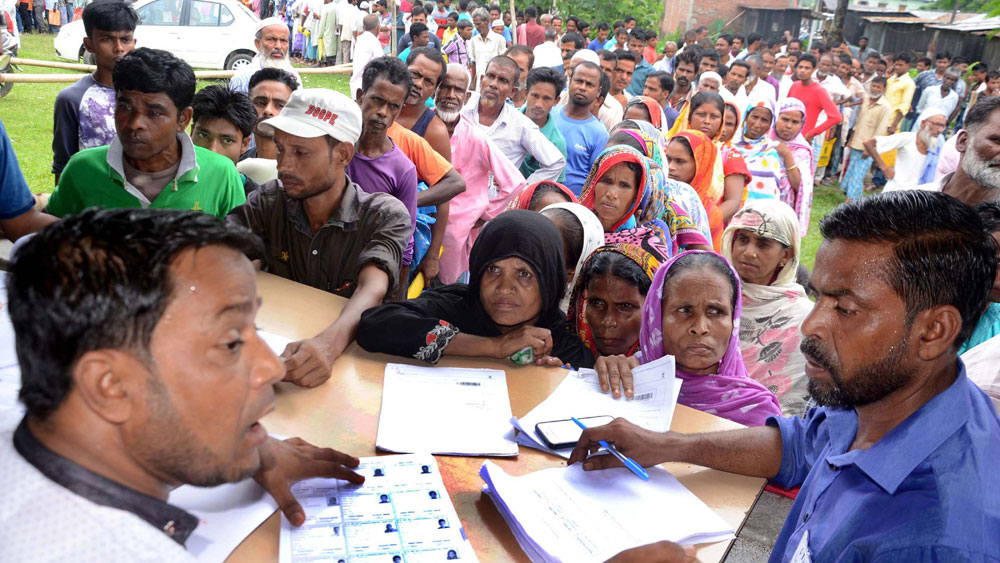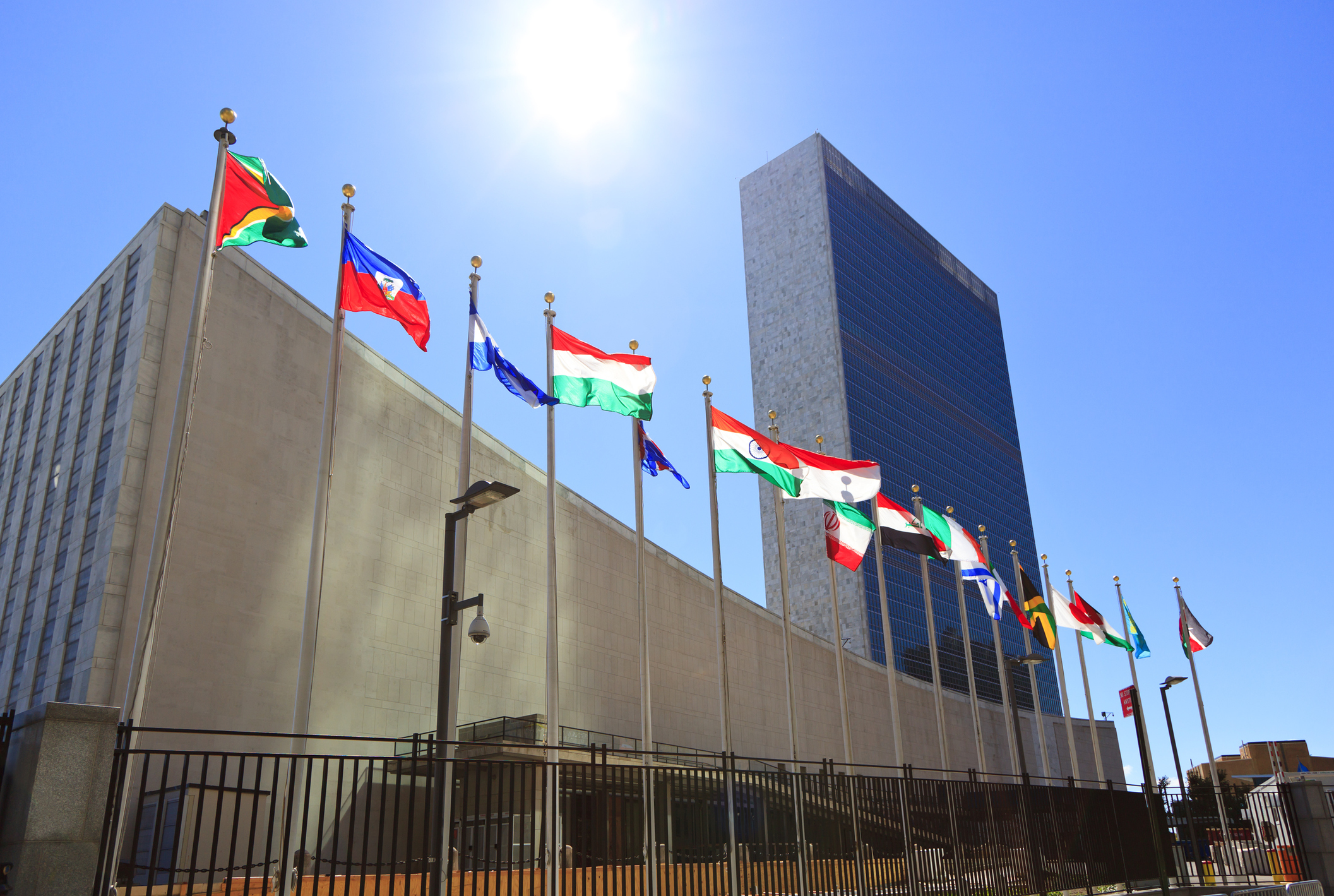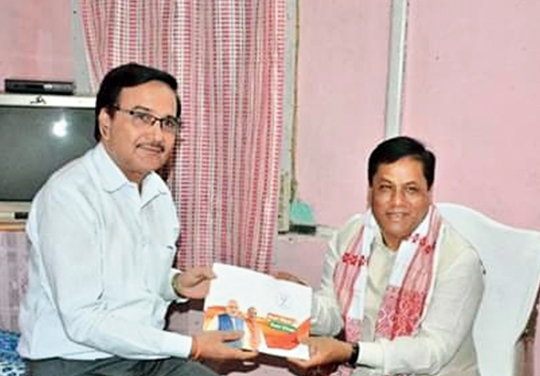Two days from now, Nagaland will begin preparing its Register of Indigenous Inhabitants of Nagaland. Mizoram has planned a similar list. The inspiration comes from the National Register of Citizens being finalized in Assam. But the process there is being overseen by the Supreme Court and is, at base, an updating of the 1951 NRC which had been prompted by Assam’s unique demographical situation. The present updating follows the old logic in identifying March 1971 as the cut-off date for establishing citizenship. The checks and balances built in by the aim and method in Assam, however, are absent in the case of the proposed registers of Nagaland and Mizoram; neither is it clear what those would gain apart from erecting barriers between population segments within states already sensitive to identities. Citizenship rights, after all, cannot be partial.
Ironically, the safety checks of the NRC in Assam have not saved the exercise from uncertainty. Forty lakh people had been left out of the register in July 2018, and claims and appeals from many of those excluded are still being heard. Meanwhile, 1.02 lakh more names have just been dropped. The question is: what is to happen to those excluded, and what will be their status? If they are to be deported, is India’s neighbour ready to accept them as deportees or migrants? Will they be stateless and detained? Six detention centres are housed in jails and the state government plans to build 10 more. The plans have reportedly been sent to the Centre, although the NRC will be completed by July 31. How long can the alleged non-citizens be detained and under what conditions? Even with the purest intentions, it would be difficult to guarantee that the NRC process is free of arbitrariness. Three experts from the United Nations Human Rights Council have written to and called the Indian government more than once expressing concern, but have received no reply. They have urged the government to ensure that the NRC does not lead to “statelessness, discriminatory or arbitrary deprivation or denial of nationality, mass expulsion, and arbitrary detention”. Over this hangs the shadow of the Centre’s citizenship (amendment) bill, allowing non-Muslims from neighbouring countries to obtain Indian citizenship even after a 1971 entry, thus undermining the point of Assam’s NRC by introducing religious discrimination. Besides, Amit Shah’s insistence that the NRC will be introduced throughout the country is ominous. Free movement of people is key to a thriving economy and healthy culture; polarizing politics for the sake of short-term domination is ultimately destructive.












